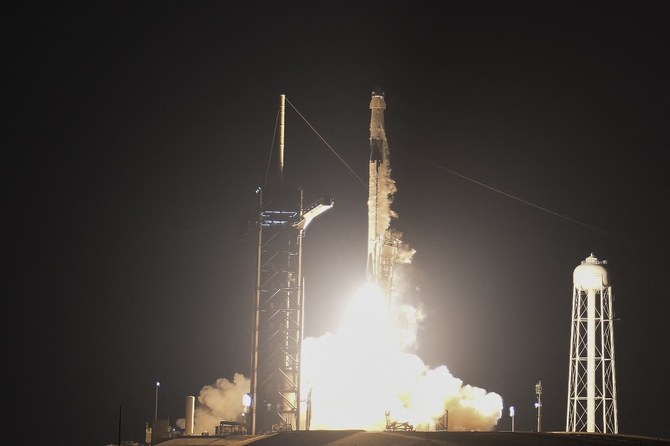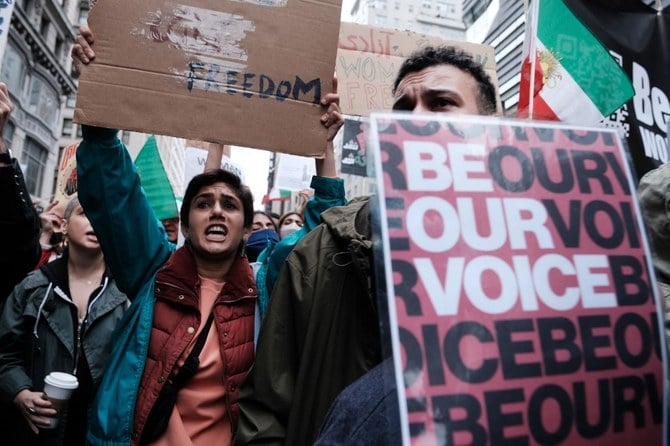
Thousands of pro-democracy protesters on Friday gathered once again on the streets of the Thai capital Bangkok to decry rumors of yet another coup d’etat to displace the government of troubled Prime Minister Prayut Chan-o-cha, who has been facing the wrath of demonstrators for well over a year.
Ironically, Chan-o-cha, a former general in the Royal Thai Army, himself staged a coup in 2014 to take power. Though he denies the rumors that his former colleagues in uniform may have had enough of the widespread unrest that is rocking the nation, the situation on the streets has clearly slipped out of his control, leaving him vulnerable.
Whether or not another coup actually takes place, recent developments have definitely weakened Chan-o-cha, fueling further protests. The fate of Chan-o-cha may be an internal matter for the Thai people to resolve, but what has been stunning about the situation is the total silence — among not just among the country’s neighbors but even the global community — that has greeted the civil unrest and demands for the installation of real democracy in Thailand.
Not much support for democracy can be expected from the regional gathering of nations, the Association of Southeast Asian Nations (ASEAN), which mainly comprises semi-autocratic and flawed democracies, with the exception of Indonesia and, to some extent, Malaysia. However, even the self-proclaimed bulwarks of democracy like the US and the EU have remained mute spectators to the developments in Thailand.
Neither the US nor the EU have uttered a word in support of democracy or to express concern for the safety of the protesters who have been attacked or jailed during the year-long demonstrations. In fact, they have not said anything about the developments in the country for nearly a decade — ever since the democratically elected government of Yingluck Shinawatra was overthrown in a military coup by Chan-o-cha in 2014. She had to flee Thailand three years ago, when the military junta moved closer to imprisoning her on what she called false charges, drawn up only to suppress her voice and that of her party.
This was not the first coup in Thailand or even for the Shinawatra family. Yingluck’s brother Thaksin, who as prime minister had dominated Thai politics for almost 15 years, was overthrown in another military coup in 2006 and he too had to flee the country, citing personal safety issues.
The self-proclaimed bulwarks of democracy have remained mute spectators to the developments in Thailand.
Ranvir S. Nayar
All through these turbulent years, the outside world, notably the US and EU, has rarely uttered a word about the repeated murder of democracy in Thailand. The contrast with their concern for democracy in other countries or other parts of the world is stark. In most cases, or at least where it suits the political exigencies of the EU and US, they have been quick to not only decry “undemocratic” developments but, in extreme cases, have moved to impose sanctions or even intervene militarily in order to “restore” democracy. Recent decades are rife with examples of such actions.
In the current period, the double-speak of Western nations is evident when it comes to the developments in another territory, barely 1,500 km from Bangkok, which has also been witnessing widespread pro-democracy protests for more than a year — Hong Kong. In the case of the protests in Hong Kong, there have been numerous calls by the top leaders of the EU and US for democracy to be saved and for China to back off.
In the case of Thailand, in the midst of the ongoing widespread protests across the country, mainly by apolitical youths, the EU agreed to hold a high-level meeting with the Thai government on Oct. 28. While the details of the dialogue are not in the public domain, the EU limited itself to issuing a bland press note after the meeting. It said: “During the meeting, the EU reiterated the critical importance of upholding human rights, including the fundamental freedoms of assembly, expression and the media, not least in the light of the current protests in Thailand.”
The EU’s leniency toward the military junta in Thailand was evident long before this. Last year, after the rulers in Bangkok staged less-than-perfect elections, which were reminiscent of the ballots held by communist regimes, the EU rushed to recognize the government of Chan-o-cha by accepting the elections as legitimate and fair, even though the generals had modified the electoral rules to ensure that the opposition parties stood no chance of victory. Even then, the results were far too close to call.
But, as the EU and US had already opened discussions with the new Thai government — which was essentially the same old military junta in civilian clothes — they obliged themselves to continue talking to the regime and either stay silent on or utter weak protests about the excesses it committed.
The Americans and Europeans have historically treated Thailand with kid gloves, despite its record number of military coups, which have been taking place since the 1950s. At that time, Thailand was understandably crucial for the Western nations, as it served as an important partner bordering the then-communist regimes in Laos, Vietnam and Cambodia. Fearing the spread of communism in other parts of Southeast Asia, the West looked the other way when it came to relatively “minor” issues like democracy. But the entire region has changed dramatically over the past three decades and there is not a single communist regime in ASEAN. All the nations boast free market economies and democracies, even if they are flawed. It is time for the US and EU to realize the changes on the ground and deal with Bangkok accordingly.
Ranvir S. Nayar is managing editor of Media India Group, a global platform based in Europe and India, which encompasses publishing, communication, and consultation services.
Disclaimer: Views expressed by writers in this section are their own and do not necessarily reflect Arab News" point-of-view











